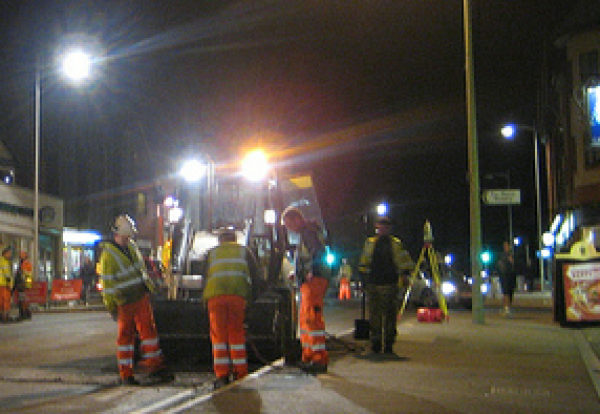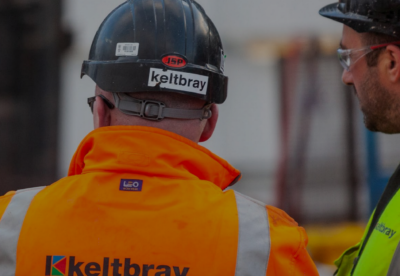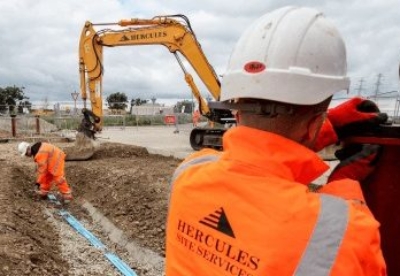The groundbreaking scheme has been designed to push utility contractors to work on the roads during the night and at off-peak times to cut traffic congestion.
Funding generated by the scheme will be ploughed back into innovative methods to further reduce disruption associated with roadworks
The scheme covers over 200 miles or 60% of the TfL road network, covering the areas most susceptible to major roadwork disruption.
Local Transport Minister Norman Baker said: “Everyone who uses London’s roads is acutely aware of how frustrating it is to find major routes being dug up in the middle of the rush hour.
“The delays caused by roadworks are inconvenient and expensive, which is why we have authorised a pioneer lane rental scheme in the Capital to see whether these delays can be cut.
“I hope that this scheme will encourage those who need to do road works to get them finished faster as well as reducing disruption for those using London’s roads and I look forward to seeing the results of this project.”
TfL is not exempt from the rules and the new scheme will also ensure that their works are delivered with minimal disruption.
Currently, around 70% of TfL works are carried out outside of peak hours, compared to around 20% of utility works.
- Innovative methods
An 18-month project, run by the Transport Research Laboratory, is exploring engineering techniques that could see utilities use temporary road surfacing methods such as plating, fast-setting replacement road surfaces or more innovative methods such as core and vac techniques.
This would allow utility works to be carried out under the road surface without the need to excavate a large area of the road surface.
All these methods would allow both TfL and utility companies to carry out more work at quieter times, meaning that more roads could be re-opened during peak traffic periods; cutting delays and disruption across the Capital.
Leon Daniels, Managing Director of Surface Transport at TfL, said: “Our lane rental scheme allows us to encourage more roadworks on the Capital’s busiest roads to take place outside the busiest hours, cutting unnecessarily prolonged and disruptive roadworks from our road network.
“By using any surplus raised to discover new and innovative working methods, TfL and the utility companies can further ensure that works take place outside of the charging periods, allowing all to benefit greatly.”















































.gif)




